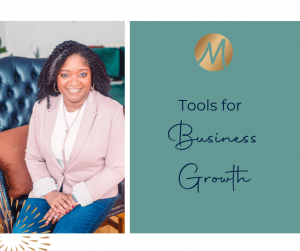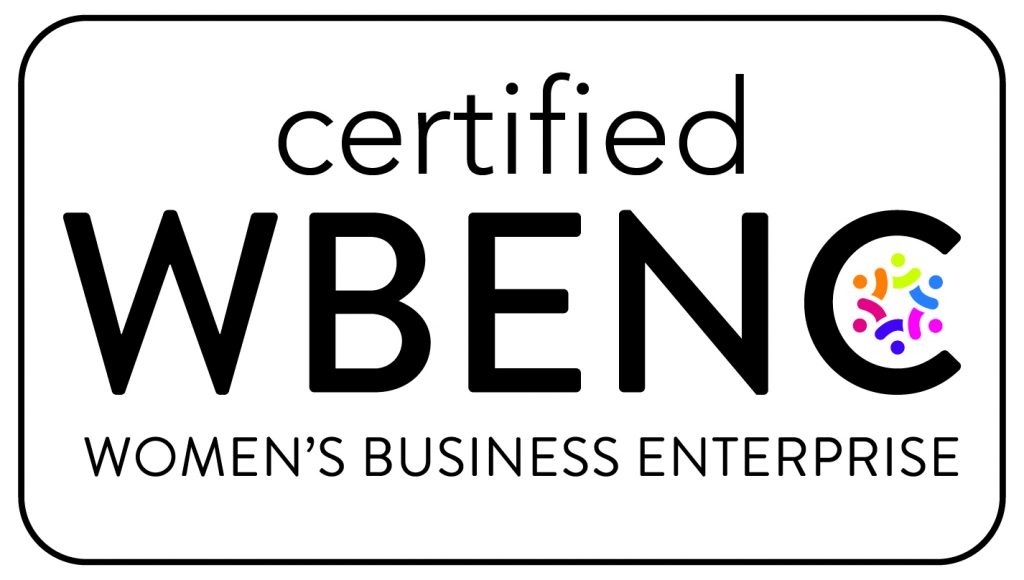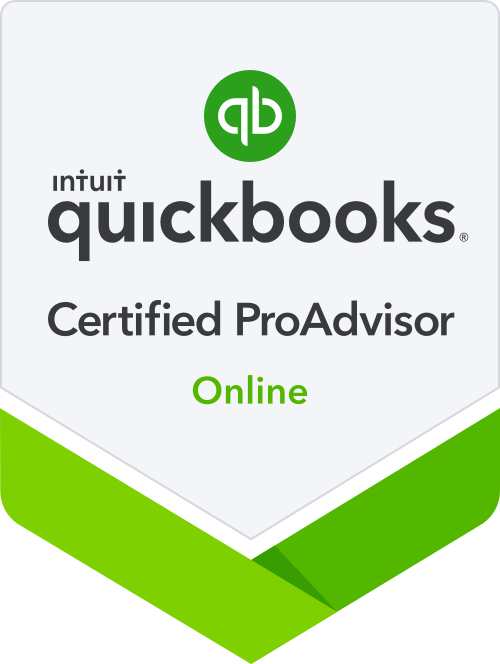 In order to grow your business, you’ve got to cultivate a growth mindset.
In order to grow your business, you’ve got to cultivate a growth mindset.
Building a growth mindset is basically a two step process:
- Connect everything you do to your why and your vision.
- Expand your capacity.
With the right tools, you can work your way towards a growth mindset that will do wonders for your business. The best part is, none of the tools I’m going to recommend are unattainable or difficult to use. They may stretch you on a personal or professional level but only so that you can expand your capacity for success.
You always want to start where your heart is. What made you want to start this business in the first place? Where do you want to see the business go in the future? Guide your business based on your answers to these questions and you’ll have a solid foundation.
Tools that help you connect to your why and vision (Get in touch with your why and vision here.): a planner, an online presence, and your network.
How: A planner gives you a designated place to connect everything you do and are going to do, whether big or small, to the reason why you’ve built and continue to build your business. You need an online presence on social media and/or a personal website to establish your personal brand and share your skills and knowledge to a greater community. Your network also creates a community, where you can support each other in times when you may have lost your way or are feeling like giving up.
Expanding your capacity means making room for abundance. You have to smash through your limiting beliefs (read about smashing your limiting beliefs here) and move forward with the assumption that your business will pick up speed and you’ll need to establish efficient practices for the long term.
Tools that help you expand your capacity: QuickBooks and a calendar
How: QuickBooks is great for small businesses that are in need of a financial management system that can grow with them and know what they’re numbers look like at all times. Combine QuickBooks with an accountant and watch your profit margins improve (find out the difference between an accountant and a bookkeeper here). A calendar is another tool for increasing your efficiency, especially if you use scheduling software. Keep a calendar and you won’t bog yourself down with a bunch of busy work and put more of your focus on the tasks that matter.
I love to see women becoming empowered CEOs that are confident in their businesses. I hope using those tools gives you that confident feeling. That’s my why for Mitchell Consulting Service. It’s because I’ve kept that purpose in mind all these years that my business has seen the longevity that it has. My why also has to do with my family. My family has always inspired me to expand my capacity for financial freedom and happiness. I’ve implemented systems, gained efficiency, and created boundaries (read about boundaries here) so that I could be there for my kids as they grew up. I wouldn’t trade that for anything.

 If you’re like many of the women entrepreneurs I work with, you might not feel very confident when it comes to your business finances. You might be stuck in one place or maybe you’re scrambling to get a handle on things as you grow. Either way, your finances are a source of stress instead of what they should be, which is something that makes you feel like an empowered lady boss.
If you’re like many of the women entrepreneurs I work with, you might not feel very confident when it comes to your business finances. You might be stuck in one place or maybe you’re scrambling to get a handle on things as you grow. Either way, your finances are a source of stress instead of what they should be, which is something that makes you feel like an empowered lady boss. You’ve taken the leap and decided to start your own business. You’ve been able to make money from your passion in the past but you suddenly hit a roadblock. You’re feeling stuck in your business. What do you do?
You’ve taken the leap and decided to start your own business. You’ve been able to make money from your passion in the past but you suddenly hit a roadblock. You’re feeling stuck in your business. What do you do? 




